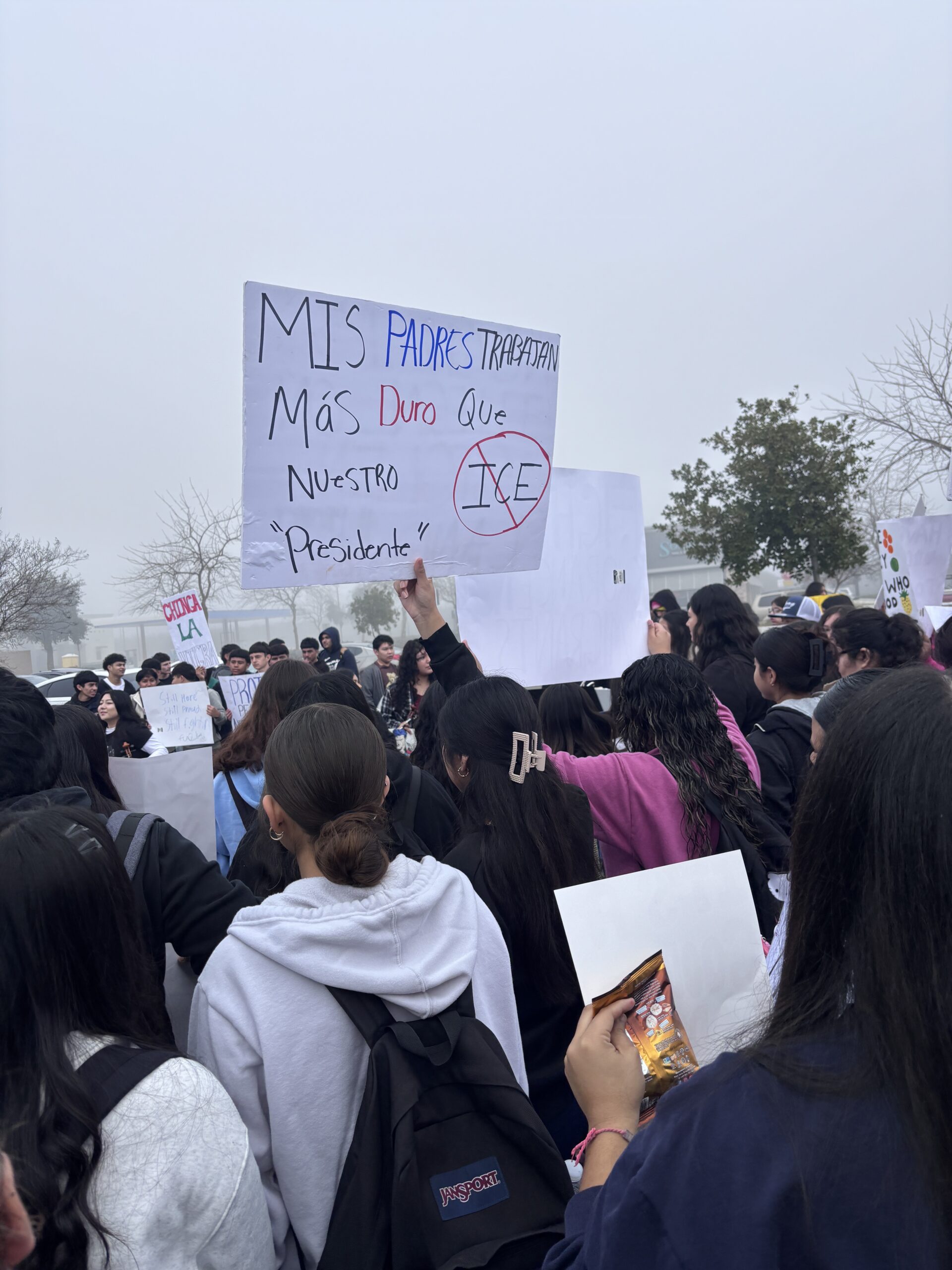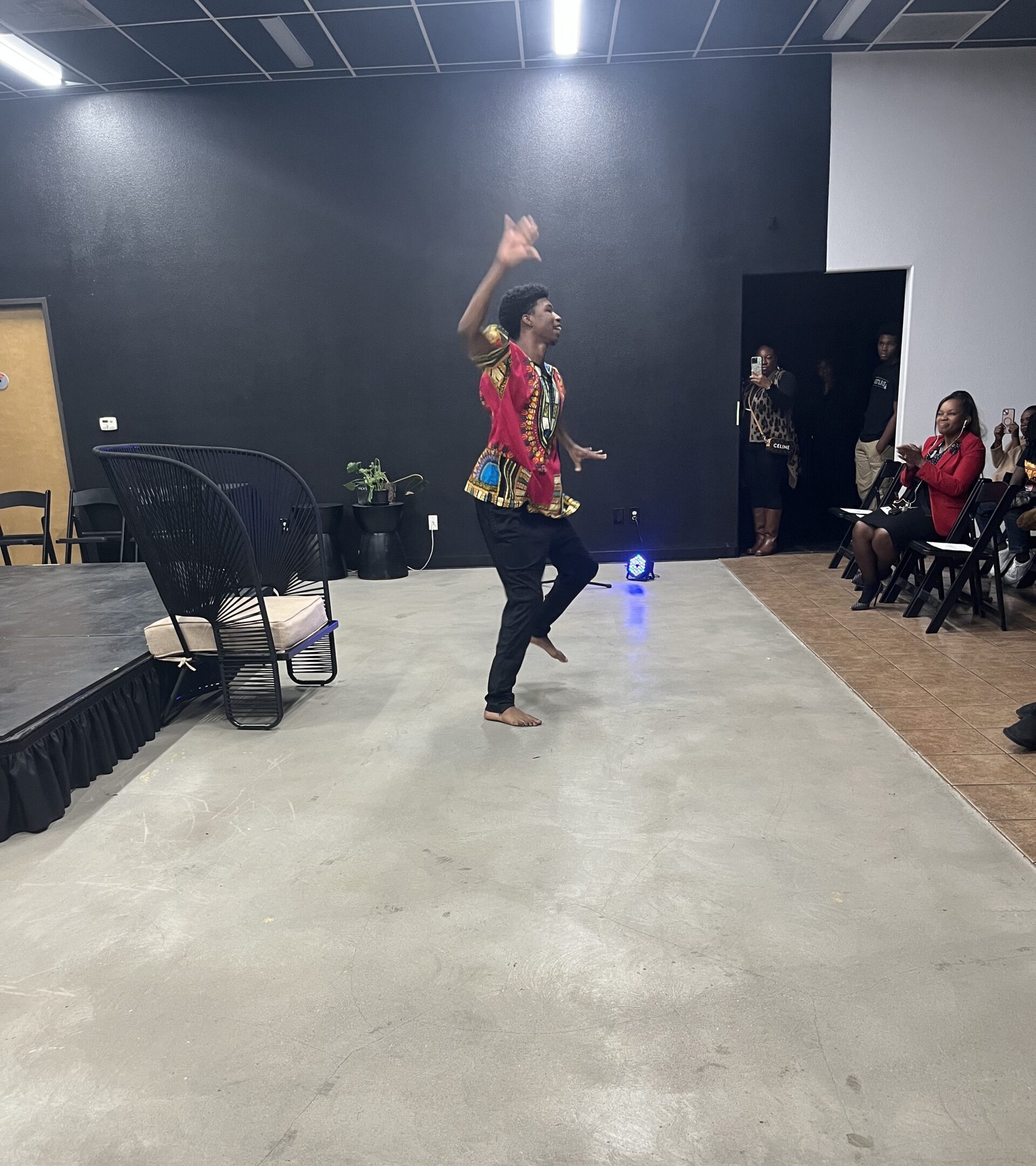New America Media, Profile, Text: Ruby Perez / Photos: Monica Quesada
Raul Rodriguez and Alberto Ledesma live parallel lives. Both proudly claim UC Berkeley as their alma mater. Both have worked hard academically. And both have published personal essays about the stigma of being an undocumented student.
But that’s where their lives diverge. Ledesma was fortunate enough to gain amnesty via the Immigration Reform and Control Act (IRCA), federal legislation that granted amnesty to immigrants who entered the U.S. before 1986. Rodriguez, on the other hand, remains undocumented because legislation like IRCA no longer exists.
“At any point, I felt that I could be deported,” recalls Ledesma. But his anxiety dissipated after the passage of IRCA in 1986. “I went from being a B- student to being an A+ student because once that stress (of being deported) is removed [and] you have that sense of freedom, almost like you get high from it, it makes you a different person.”
Born in the northeastern part of Jalisco state in Mexico, Ledesma moved to the U.S. when he was six-years-old. His father had already come to the U.S. alone, ahead of the rest of the family, as a participant in the temporary-worker Bracero program.
Eventually, Ledesma and the rest of his family decided to join the father in the U.S. for what was supposed to be an extended summer visit, but they would end up remaining in the U.S. for good.
For Ledesma, now a legal resident in the U.S., the undocumented immigrant experience was a chapter in his American experience. For Rodriguez, however, the stigma of being undocumented remains.
Rodriguez is a senior attending UC Berkeley and like so many other undocumented immigrants, he too has deep roots in the U.S. Like Ledesma, he too arrived in the U.S. at the age of six, after relocating with his parents from Lima, Peru.
In the ensuing years, Rodriguez became so ingrained in American life that he didn’t become aware of his undocumented status until attempting to obtain a drivers license at the age of 17. Outwardly, he reflects the American culture as much as any other student who is born here: He attends school, has friends, and participates in the community.
Yet, there is a stress that Rodriguez must struggle with every time he reveals that he is undocumented. Belonging to a culture that does not entirely accept him, Rodriguez now finds himself unable to fulfill the dreams he once held so close.
Ledesma explains how “acculturative stress” plagues students such as Rodriguez, who live their entire lives believing they are American only to discover their status later in life. Because there is a shame often attached to being undocumented, said Ledesma, parents sometimes choose to hide their children’s true legal status from them.
Ledesma, now an artist and writer, expresses that peculiar sense of alienation through a series of drawings and comic-book style panels in a work-in-progress that he has titled Diary of a Dreamer. The book is made up of semi-autobiographical illustrations, personal essays, and short stories that focus on the lives of undocumented Mexican immigrants struggling to survive urban and college life without getting deported.
In one panel, Ledesma compares himself to Cantinflas, the famous comic actor from the golden age of Mexican cinema, who often portrayed impoverished campesinos and peasants:
“Even now, years after amnesty, I get all tongue-tied when anyone asks me about my immigrant past. I become that undocumented immigrant Cantinflas, twisting words and phrases until nothing I say makes sense. The problem is, I don’t know where my Cantinflas and where the true me begins.”
Rodriguez said he shares that same feeling of being constantly distressed. If he were granted amnesty, he said he would take every opportunity that presented itself, the simplest of all being travel. Before discovering he was undocumented, Rodriguez had plans to move to New York City and Paris, but all of those plans disappeared upon hearing the truth about his legal status.
“Being undocumented means re-shifting your life and not doing what you love,” he said.
Today, Rodriguez lives a life that he can only describe as “going through the motions.” He is not alone. A study conducted by the Immigration Policy Center in 2008 showed that 25 percent of all people in the U.S. are either an immigrant or the child of an immigrant. The same study concluded that 40 percent of all immigrants currently in the U.S. came to this country before 1990, which suggests that they’ve since established deep roots in this country. Many are like Ledesma and Rodriguez, having grown up in the U.S. yet never fully embraced as Americans.
Many like Rodriguez are holding out hope for some sort of legislation, like the Dream Act, which if passed into law would open a pathway to citizenship for undocumented students who either enroll in college or join the armed forces.
The Dream Act, however, could come with caveats. Applicants would need to prove that they entered the country when they were under the age of 16, that they have lived continuously in the U.S. for at least five years, and that they obtained a diploma from a U.S. high school or earned their GED, according to whitehouse.gov. Students with a criminal record would also be barred from receiving any benefits offered under the Dream Act.
Since being granted amnesty under IRCA, Ledesma has obtained a PhD in Ethnic Studies, works at UC Berkeley’s Student Learning Center and contributes essays to various media outlets on issues of immigration. He’s hoping to soon publish his book.
For Rodriguez, the American Dream has proved more elusive. He hopes the eventual passage of the Dream Act will lift the weight of being undocumented off his shoulders, like IRCA did for Ledesma.
“Even just driving, it sucks you know, it definitely sucks. I dream and fantasize about all the things I would accomplish if I just had the chance,” Rodriguez said. “If I just had the opportunity.”


